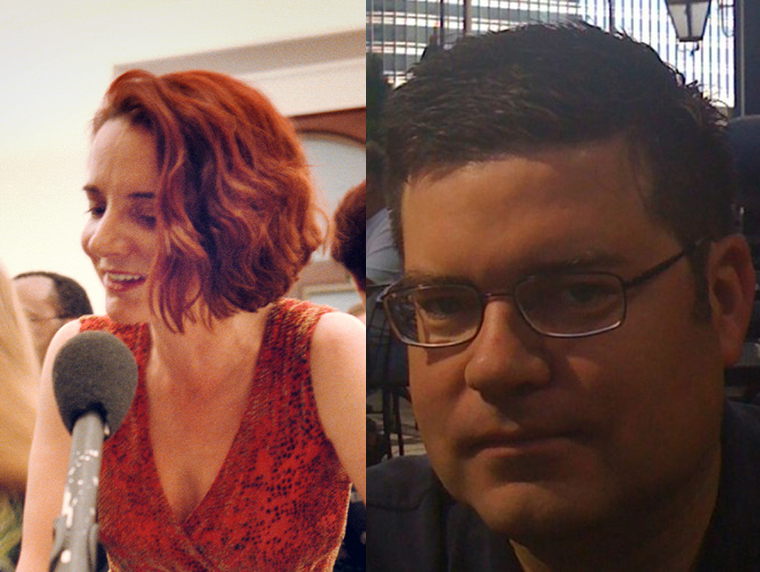Iowa Land and Sky

/
IPTV designed and produced a series of online media resources and a supporting social media engagement campaign for Iowa classrooms and general audiences. The internal goals for the project included exploring and refining how we collaborate across divisions and work groups, as well as exploring new ways of storytelling, media acquisition, and audience engagement. The IPTV Education and Production units worked collaboratively through all phases of project development including research with experts, location production planning, acquisition of new 360° camera equipment, and identifying story topics.
Scientists and researchers at Iowa’s major state universities, county conservation boards, and the Iowa Department of Natural Resources contributed expertise. A team of master science teachers were recruited to help identify topics and develop a curriculum approach to engage Iowa students in environmental phenomena.
Over 40 videos were created for the online project, including feature stories, social-media shorts, classroom-specific clips, and 360° experiences. A dedicated website was created for all project materials, including an interactive map and access to educational resources. Videos featured locations in diverse areas of Iowa, incorporated innovative aerial drone videography and 360° techniques, and included interviews with Iowa environmental experts from many fields.
A major social media campaign engaged Iowans in conversations around our natural areas, threatened environments, watersheds, and impacts of climate change. A promotional campaign supported the launch of the project, including paid social media posts, YouTube and online advertisements, press releases, conference booth banners, and educational flyers.
Through these actions, along with community-based engagement events and broadcast screenings, IPTV has once again shown how it can tell Iowa’s stories in a way no other network can.
For anyone wanting to develop a similar project, we’d recommend recruiting a cadre of classroom teachers to provide insight into the content/format of education resources. Start the recruiting process as early as possible, in case teachers are committed to other projects.
Network with statewide partners (local education agencies, state department of education, county/state conservation agencies, non-profits) to ensure work connects with existing initiatives, captures the expertise of science professionals, and ensures that the project will be shared widely.
Finally, leverage numerous professional development opportunities to deepen understanding of NGSS/state standards implementation. These experiences can help identify where resources might have the most impact.



